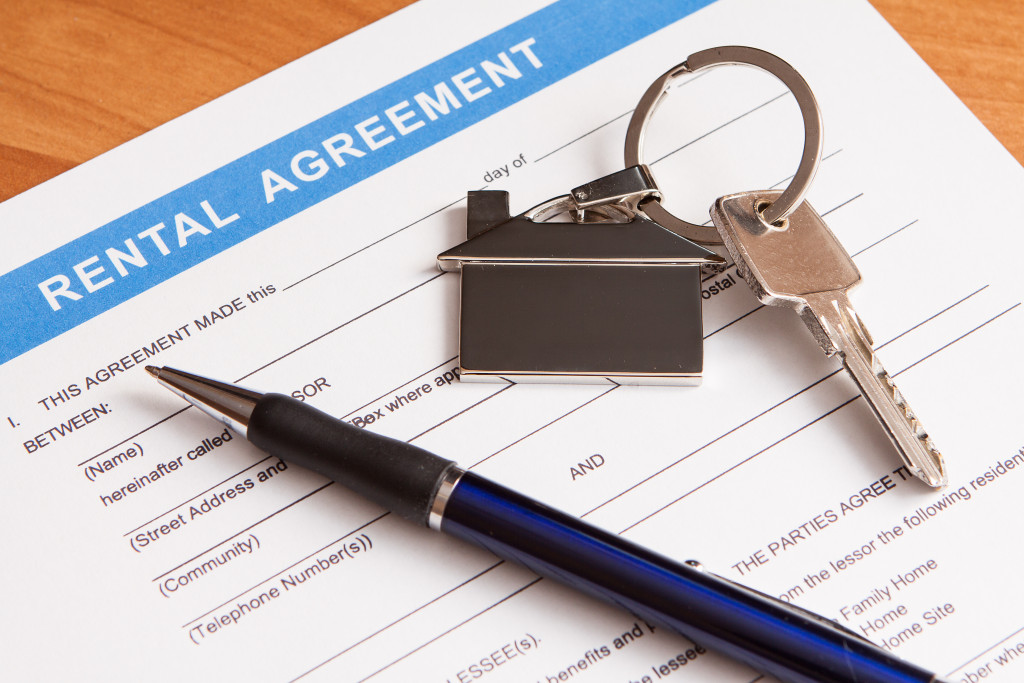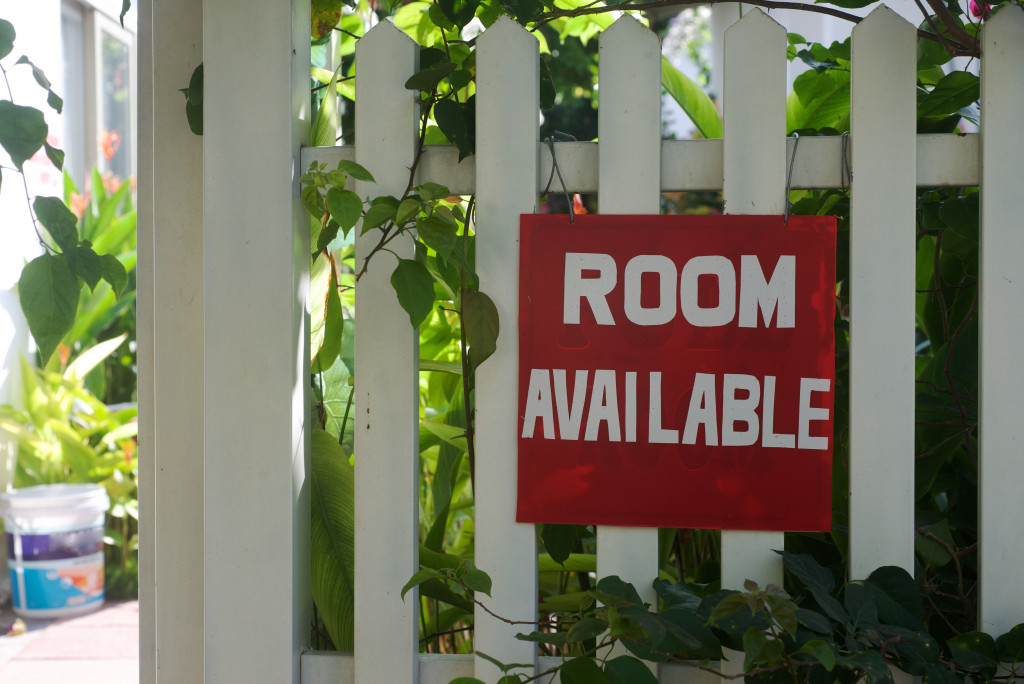- Ensure necessary repairs and improvements are made to make the room safe and comfortable.
- Consider rental specifications such as who you want to rent to, a fair price for the room, and applicable laws.
- Prepare legal documents including rental agreement, lease paperwork, security deposit agreement, and inventory list.
- Screen potential tenants carefully with background checks and interviews to set expectations between landlord and tenant.
Renting out a room in your house may seem attractive if you want to make some extra money. But before you jump into this venture, there are some essential things to consider. With these considerations taken care of beforehand, opening up a room for rent can be an enjoyable experience — both for landlord and tenant alike!
Make sure all necessary repairs and improvements are made.
While opening a room for rent in your house presents an excellent opportunity to make some extra money, there are specific steps you must take to ensure everything is in order. Primarily, it’s essential to check the safety and comfort of any prospective tenant by providing all necessary repairs and improvements have been completed, such as guaranteeing electrical wiring is up to code or repairing damaged floorboards.
Suppose a room needs extensive work or remodeling, such as a loft conversion. In that case, it’s important to hire reputable loft conversion experts who can provide these services quickly and effectively so that the room is ready in time.
Consider the rental specifications.
Considering various rental specifications is essential for setting a successful rental agreement. Here are some of the most important elements to consider:
Decide who you want to rent to.
Renting out a room in your house is a great way to make extra money, but choosing a renter compatible with you and the other tenants in the house is also important. Collect detailed information from potential renters to successfully decide who you want to rent to. This includes finding out their backgrounds, such as income and employment history, as well as their interests and lifestyle.
It’s also beneficial to check references on your potential tenant’s previous landlords or housemates. Additionally, you should think about why the prospective tenant wants the room – are they only looking to rent short-term or have they found somewhere else long-term? A well-thought-out decision on who to rent your property to can save you time and potentially costly problems down the road, so you must take the necessary steps up front.
Set a price for the room.
Setting a realistic price for a room for rent in your house is essential to becoming a landlord. Not setting a reasonable rate could result in tenants who can’t keep up with payments or have unrealistic expectations about the amenities you offer.
Determining the right price for your rental is unique to each situation, considering factors such as location, safety, amenities, condition of the property, and desirable features like distance from public transportation or parking availability. It’s also important to research comparables: determine how much other similar rentals cost in the same area.
Landlords should ensure their rental rates are competitively priced while earning enough to cover expenses. Renters may be willing to pay a slightly higher rate if they feel they’re getting better quality or more amenities than average.
Check applicable laws, taxes, and insurance requirements.
Before opening a room for rent in your house, you must check applicable laws, taxes, and insurance requirements. These regulations are specific to the local jurisdiction and may vary significantly from one area to the next. Laws regarding renting out a room can include minimum health and safety codes that must be met and restrictions on the number of tenants allowed in an individual unit or complex.
Tax liabilities must be factored into this evaluation; if significant income is made by renting the room, it is important to understand how this impacts federal or state income tax returns. Lastly, adequate insurance is necessary; provisions should be made in case of fire, flood, or other property damage due to renters’ activities.
Prepare legal documents.

Preparing legal documents when opening a room for rent in your house is essential. It’s important to create legally binding contracts or agreements between you and the tenant that clearly understand each person’s rights, privileges, and obligations. Common paperwork includes:
- A rental agreement.
- Lease document.
- Security deposit agreement.
- Inventory list detailing items included with the space.
A rental agreement outlines the type of tenancy, rent amount, length of the tenancy, requirements for terminating or renewing it, and standards for occupant conduct. A lease is similar to a rental agreement but generally longer; one year is common. Security deposit agreements specify how much money must be paid and outline conditions under which the landlord may keep all or part of it at move-out time. Lastly, an inventory list will assign responsibility for listing any damage to the tenant’s space within their domain during their tenancy.
Screen potential tenants carefully.

This involves conducting interviews (in-person or via video call), during which you can better understand the tenant, asking for references, and running background checks such as looking at credit reports and criminal records.
Examining the overall financial stability of the tenant is crucial, too, as this affects their ability to stay current with rent payments. Investing time into forming a tenant profile is beneficial in selecting someone who can fulfill their obligations and respect house rules.
These are just some considerations when opening a room for rent. When the necessary steps are taken in advance, a rental agreement that benefits all parties becomes achievable!
